On November 26th, the ninth advanced seminar on engineering and cultural quality education, jointly organized by the Tsinghua University Fundamental Industry Training Center and the National College Student Cultural Quality Education Base, was held at the Lee Shau Kee Science and Technology Building. Experts, scholars, and teacher representatives from across the country participated in the seminar, and the online live broadcast attracted over 28,000 viewers. The seminar was co-chaired by yang jianxin, deputy director of the Training Center, and cheng gang, deputy director of the Cultural Quality Education Base.
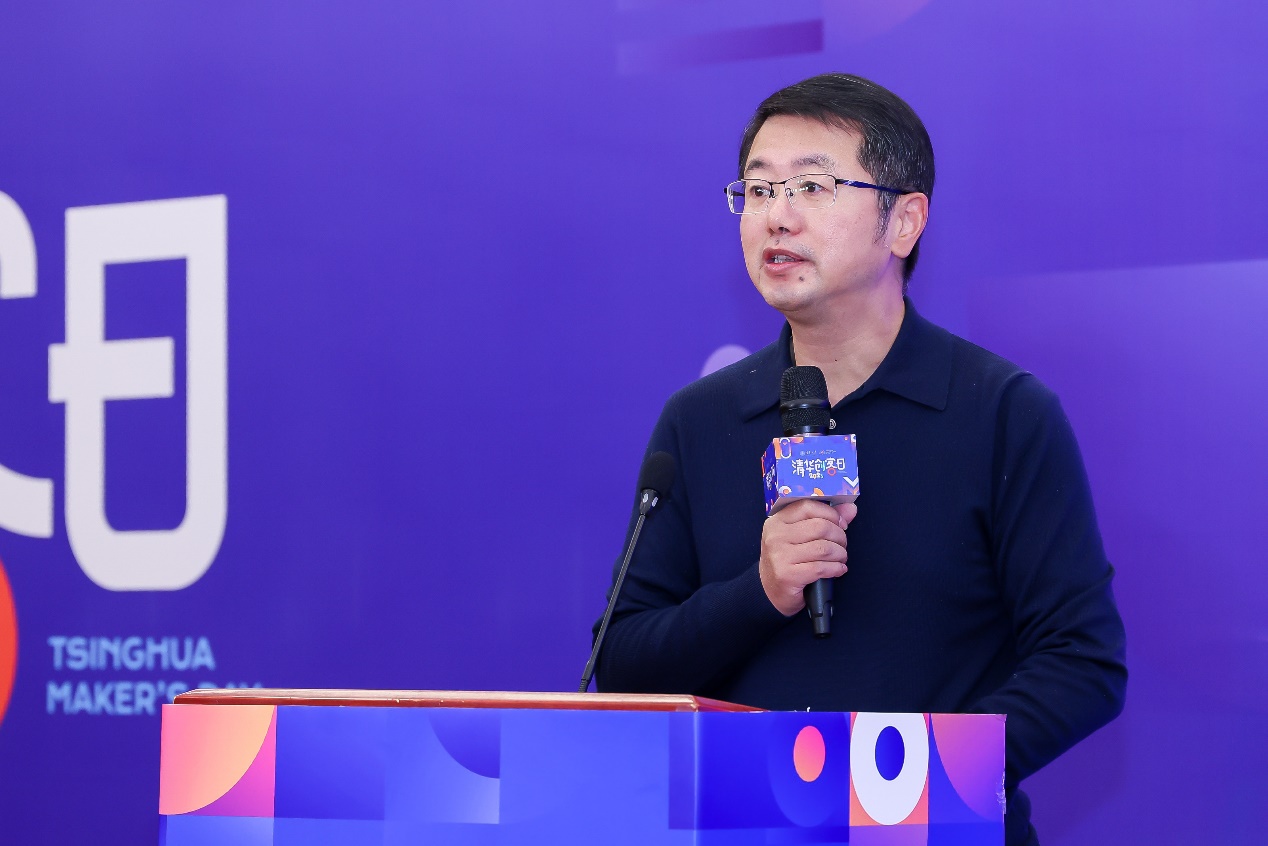
Speech by Wang Wei
Wang Wei, deputy director of the Academic Affairs Office of Tsinghua University, executive deputy director of the National College Student Cultural Quality Education Base, and a teacher in the Department of the History of Science, extended a warm welcome to the participating guests in his speech. He pointed out that both the quantity and quality of China’s engineering construction rank among the top in the world. Therefore, research on engineering construction culture and education is of great value. He hoped that the participating experts and scholars could generate more intellectual collisions in this seminar.
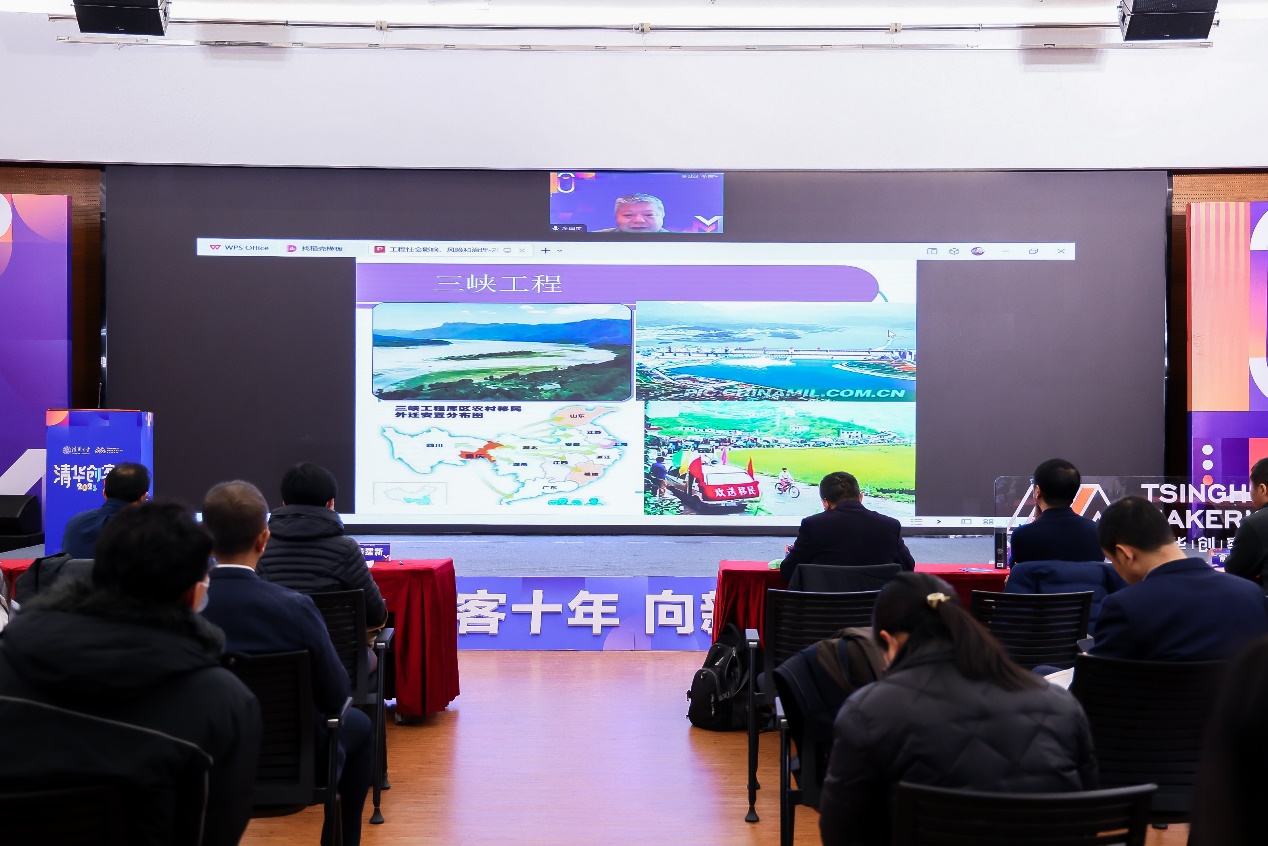
Speech by Shi Guoqing (Online)
Professor Shi Guoqing from the School of Public Administration at Hohai University participated in this seminar online. With the topic of “Social Impacts, Risks, and Governance of Engineering Projects,” combined with project examples and the background of the mass media era, he pointed out the importance of risk management and governance from four stages: risk perception, risk cognition and assessment, risk management and governance, and suggestions. He proposed to attach importance to the development of engineering sociology, encourage teachers to participate in the entire engineering cycle, and cultivate an academic consortium of engineering sociology.
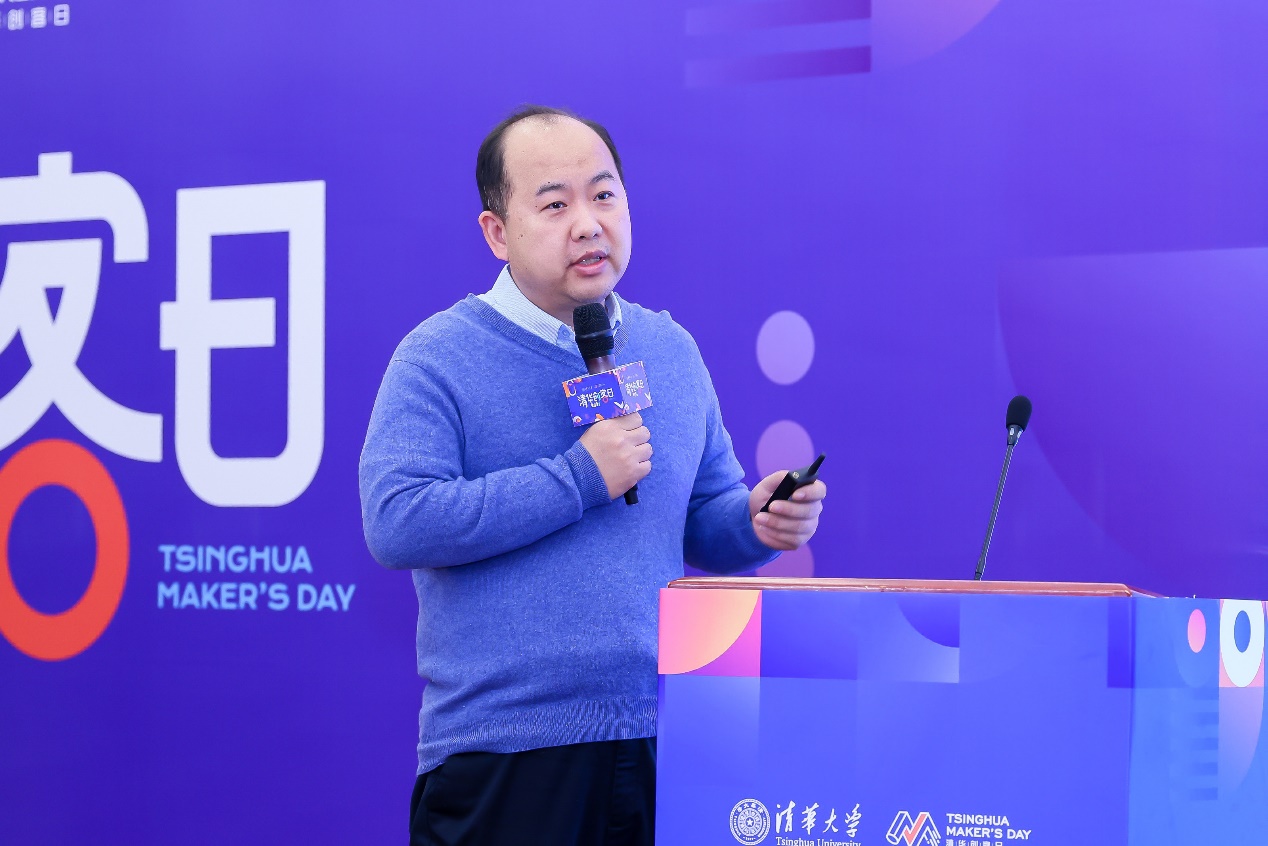
Speech by Yang Jianxin
Yang Jianxin, with the topic of “Promoting the Engineering Maker Culture and Cultivating Innovative Workers,” introduced the engineering practical education carried out by the training center. In recent years, the Center has combined the educational policies of the new era and the new development concept. It has promoted the improvement of teaching quality through connotation construction, promoted the improvement of the team level through the combination of teaching and research, and promoted the development of engineering training through the promotion of achievements, achieving an all-round transformation in teaching philosophy, teaching content, teaching mode, teaching platform, and teaching organization. In the future, the Center will further explore the engineering maker teaching mode and cultivate innovative workers in the new era.
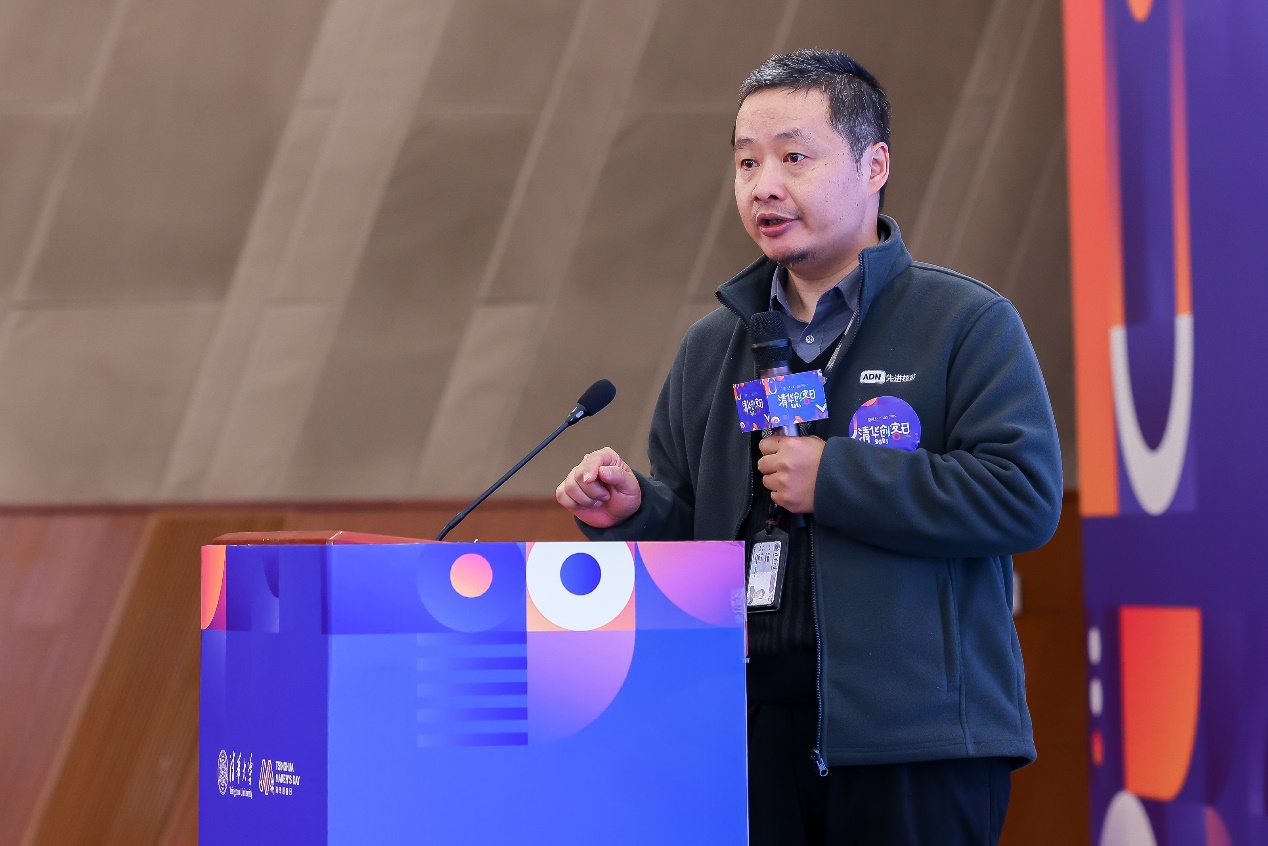
Speech by Yu Jiyang
Yu Jiyang, a researcher from the Department of Engineering Physics at Tsinghua University, with the topic of “Nuclear Power and Public Communication,” introduced the background of nuclear power development and the corresponding psychological phenomena. He pointed out that due to the driving force of the dual-carbon strategy, the demand for nuclear power energy will increase significantly, and the public demand for the health of nuclear power plants has emerged. He used data to explain in detail that the radiation risk of nuclear power plants to the public is relatively small and discussed how to conduct risk science popularization and communication with the public by using psychological phenomena and theories.
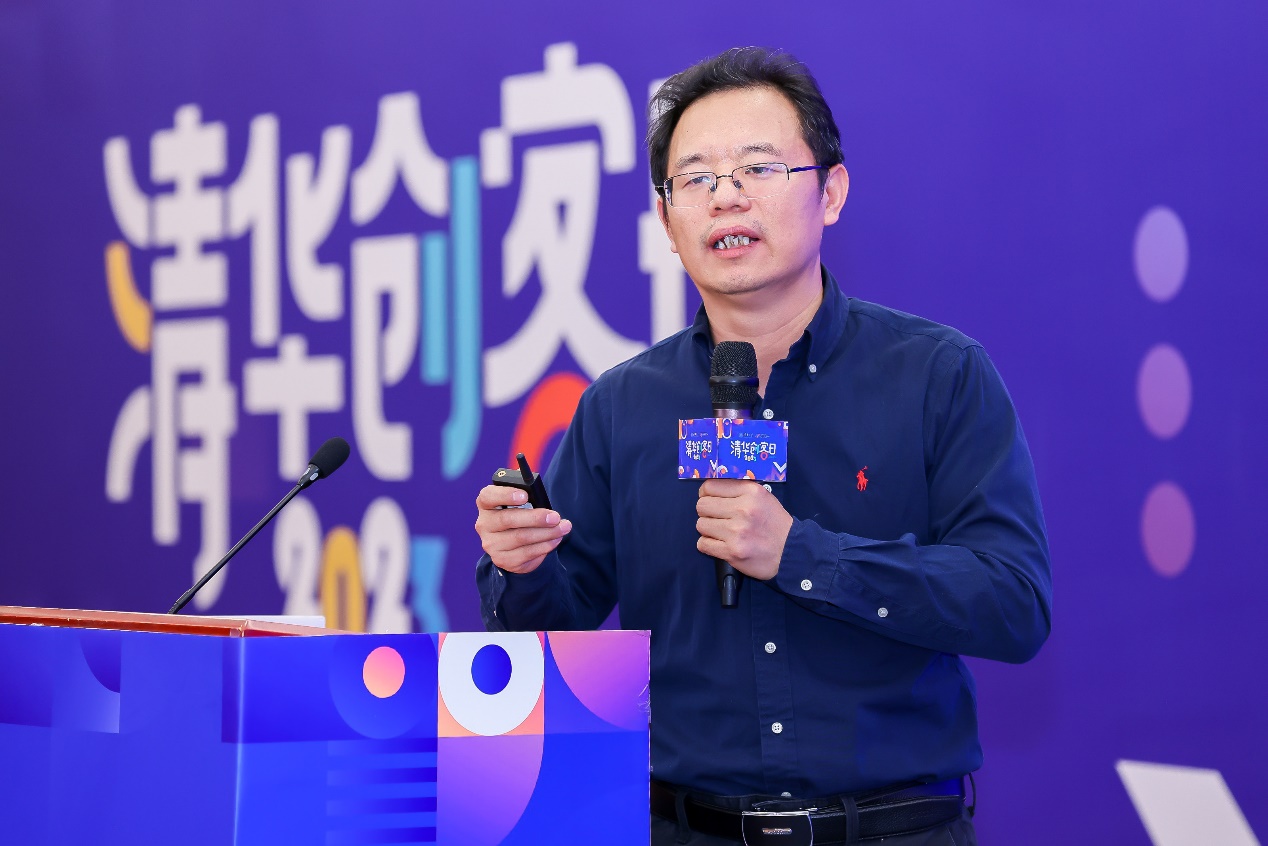
Speech by Zhang Hengli
Professor Zhang Hengli from the School of Marxism at Beihang University, with the topic of “Engineering Ethics: Towards the Self-Criticism of Technology,” analyzed the self-criticism of technology in engineering ethics from four aspects: technological idealism, engineering ethics of technological criticism, frontier issues in engineering ethics, and future-oriented engineering ethics. He believes that the goal of engineering ethics education in China is to master moral knowledge for good, enhance moral willpower, make correct moral decisions, and shoulder social moral responsibilities.
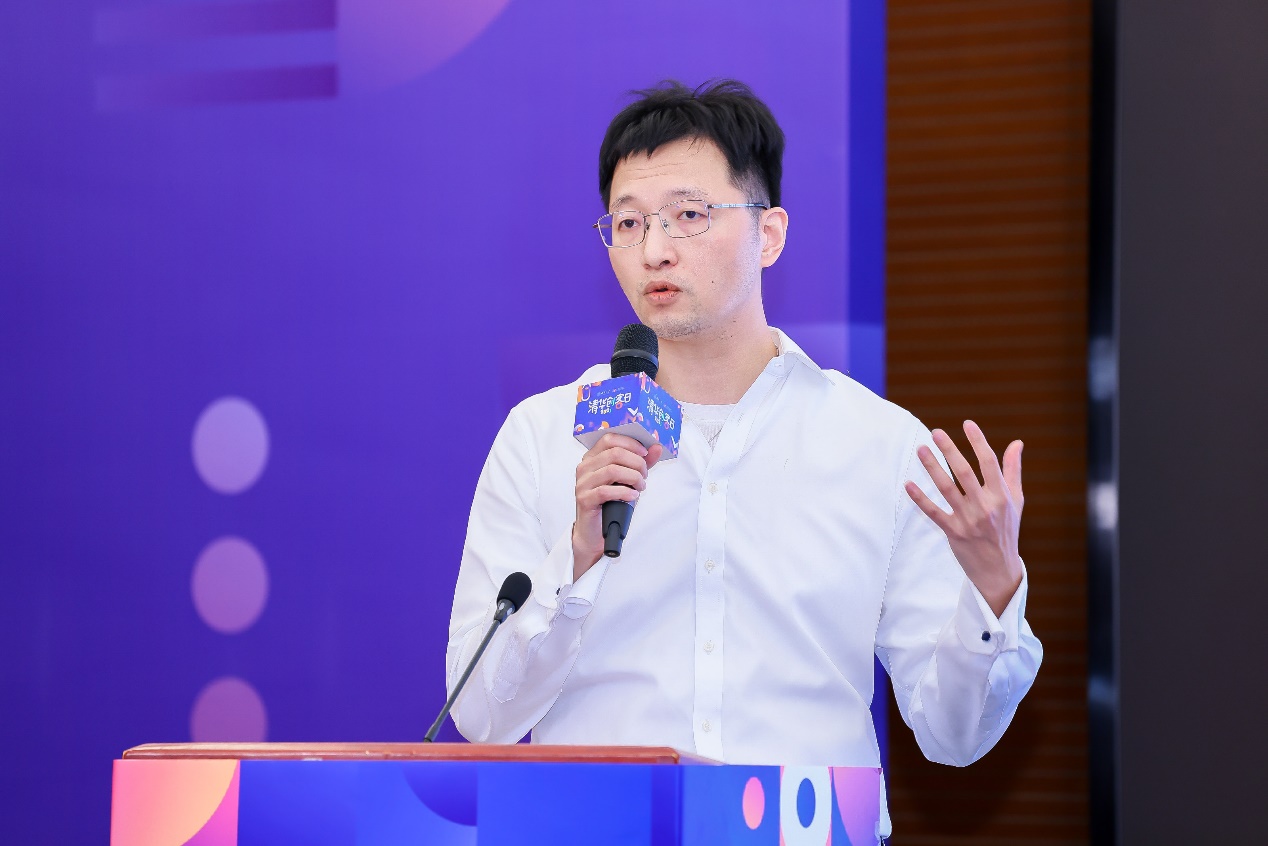
Speech by Li Xinran
Li Xinran, an associate professor in the Department of History at Tsinghua University, with the topic of “Strategic Situation Factors in the Railway Debate in the Late Qing Dynasty,” analyzed from a historical perspective how the Western “technology” influenced the Chinese mindset. He believes that in the late Qing Dynasty, “learning from the barbarians’ superior technology to combat them” was a way to play to one’s strengths and avoid weaknesses, and it has now become an increasingly influential self-strengthening idea.
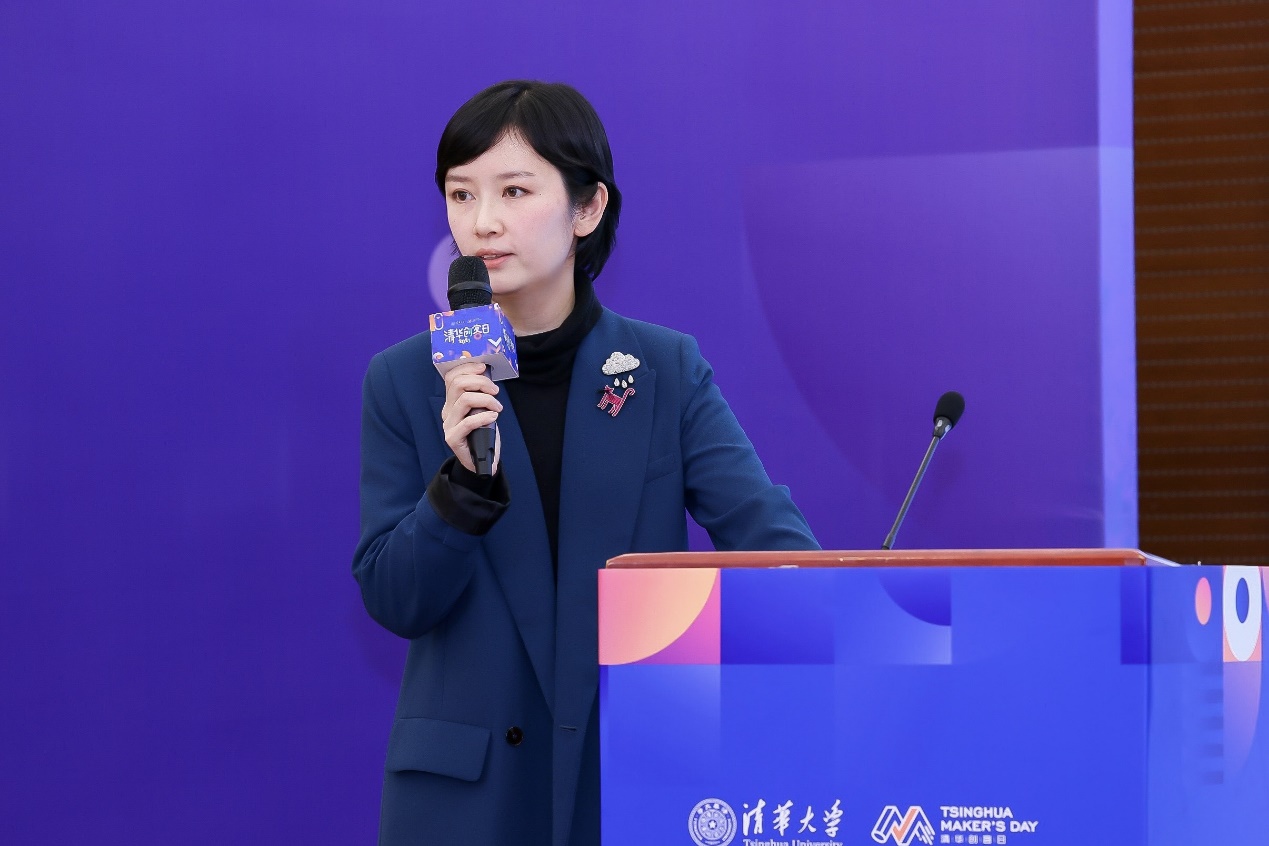
Speech by Pang Guan
Pang Guan, director of the Design and Prototype Laboratory of the Center, with the topic of “Basic Teaching Practice of Customized Design General Education Courses,” introduced the construction of design general education courses. He detailed the customized design general education courses jointly created by the training center and the Rixin Academy. In the process of basic teaching practice, through the establishment of an effective link between humanities and engineering, students can understand the complementary relationship between humanistic accumulation and technological progress from the perspective of design. The course has achieved good teaching results and is highly popular among students.
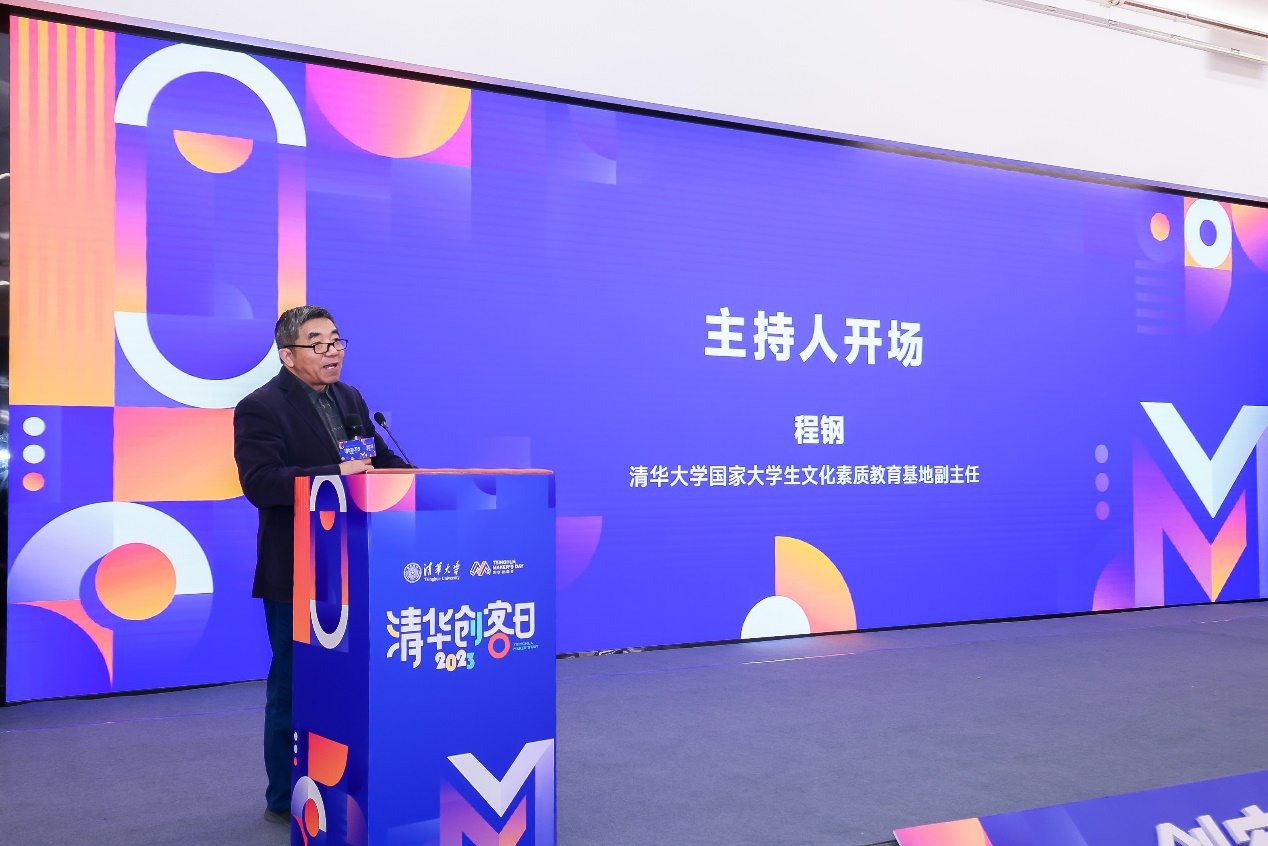
Cheng Gang chairs the seminar
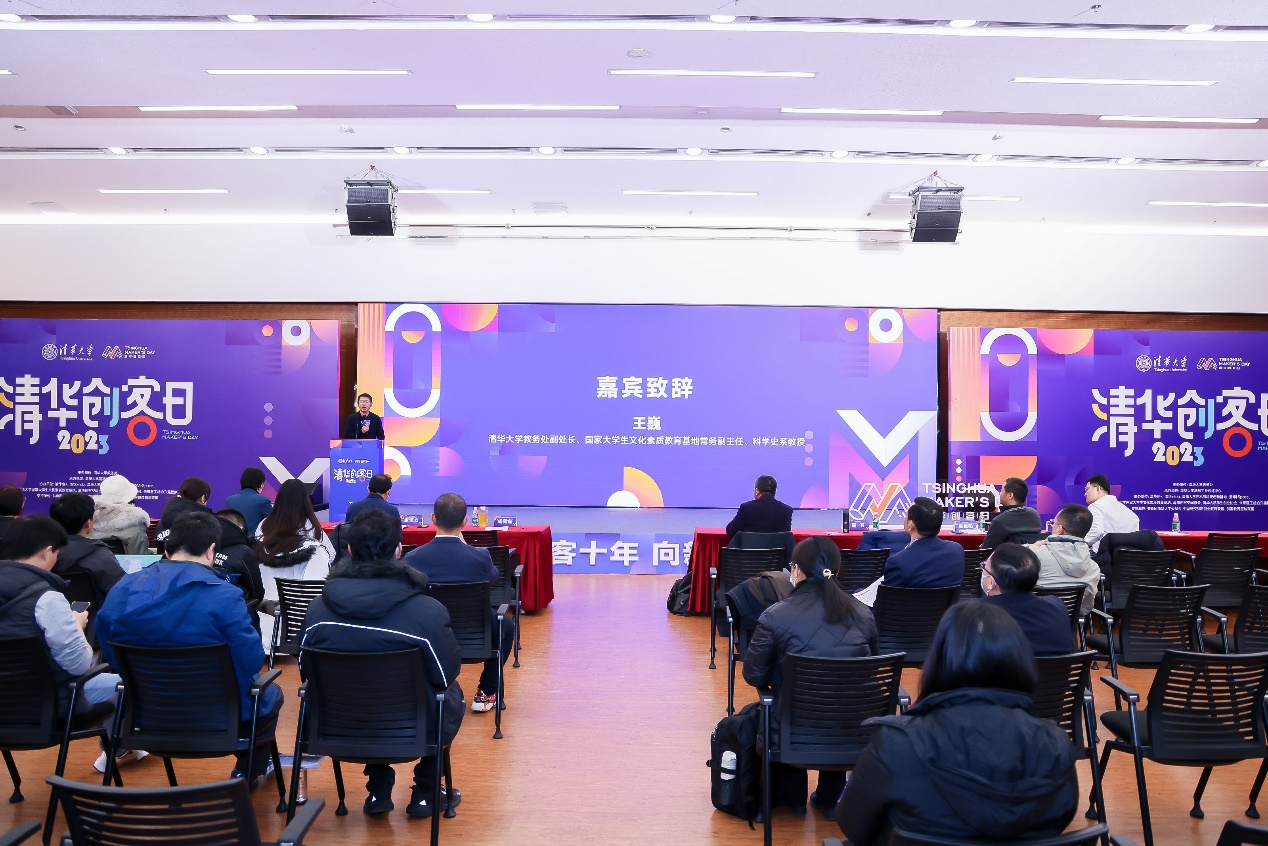
Photo of the seminar
The first Advanced Seminar on Engineering Cultural Quality Education was held in 2012, and it has been successfully held for nine sessions so far, having a wide influence in colleges and universities.


